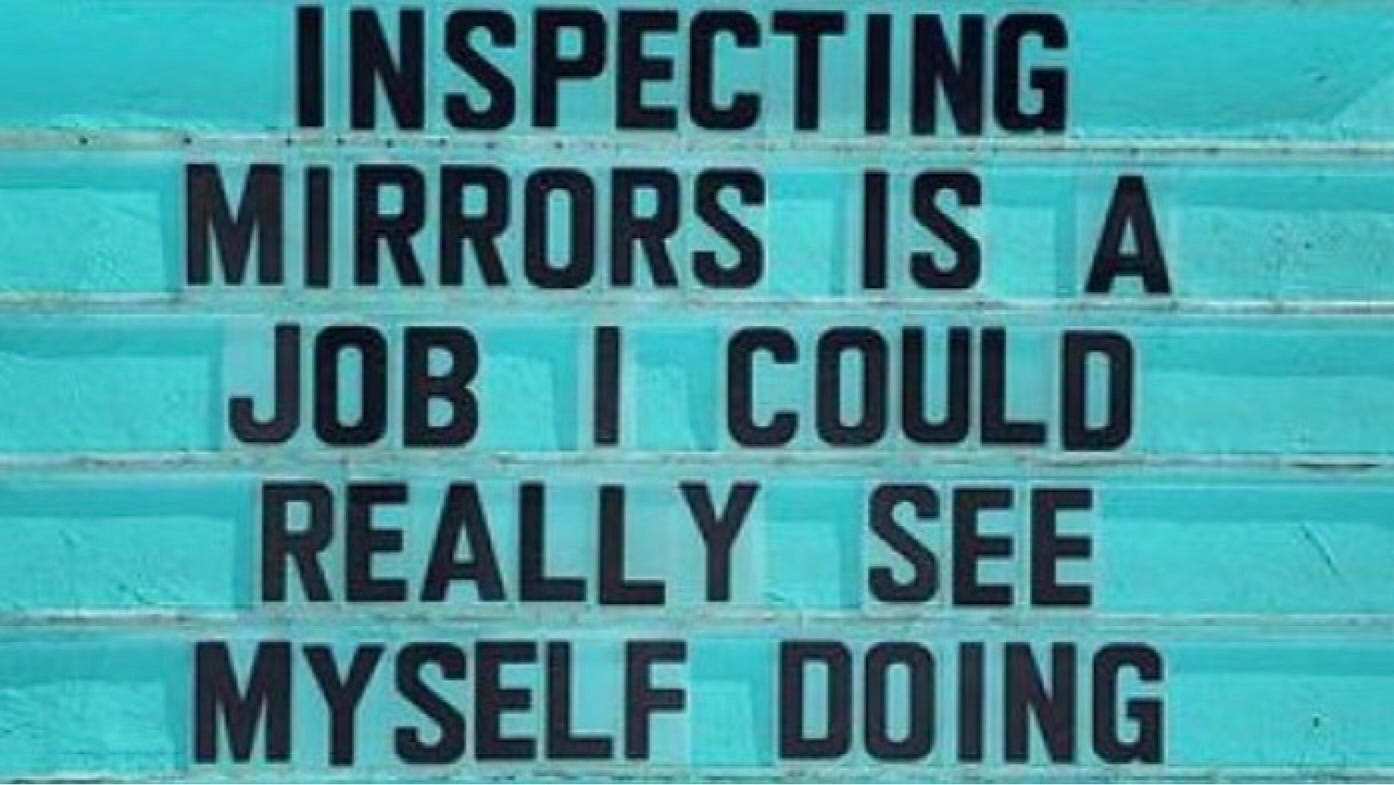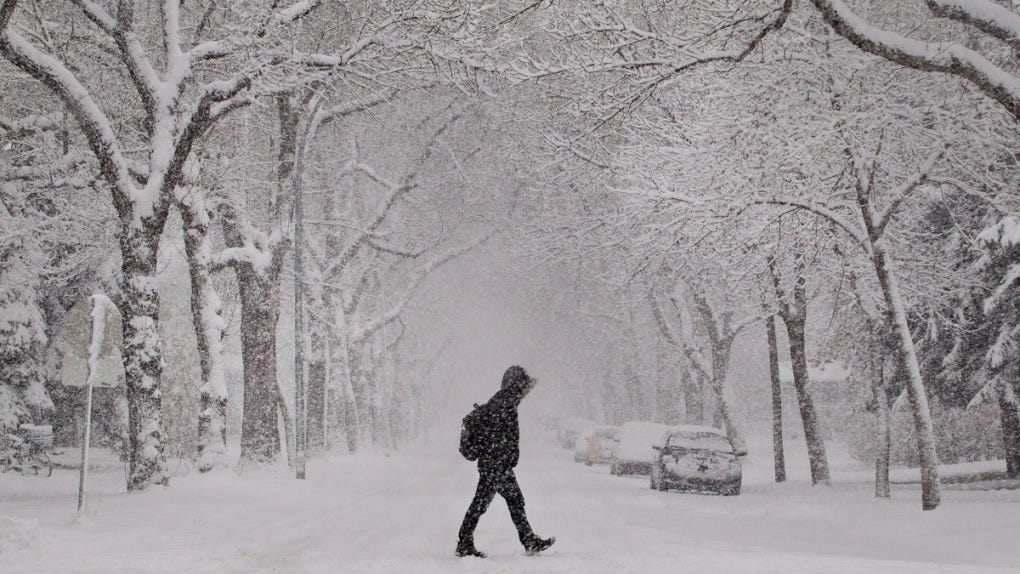Reflecting on Mirrors: A Job I Could Really See Myself Doing🪞
We encounter mirrors every day – the one above our bathroom sink, the gleaming surfaces of skyscrapers, or the reflective panels in high-powered telescopes scanning the cosmos. Yet, how often do we stop to think about the power they hold? The quote, “Inspecting mirrors is a job I could really see myself doing,” might seem like a simple play on words, but beneath its humor lies a more profound truth. Mirrors do not just reflect light; they reveal. They expose. They challenge. And in doing so, they offer us a profound metaphor for life, self-awareness, and perception.
The Art of Inspecting Mirrors
At its most literal level, inspecting mirrors is indeed a real job. Manufacturers rely on meticulous quality control to ensure that every mirror we use is free from distortions, scratches, and imperfections. A flawless mirror is not just a luxury; in fields like science, medicine, and engineering, it is a necessity.
Imagine an astronomer using a high-precision telescope to study distant galaxies. A single flaw in the reflective coating could distort the image, leading to inaccurate observations of the universe. In the world of automobiles, a defective side mirror could mean the difference between safety and disaster. Even in the art of home decor, a poorly crafted mirror can alter the way we perceive space, light, and beauty.
To inspect a mirror is to ensure that it serves its ultimate purpose: presenting an undistorted, faithful reflection of the world. But this responsibility extends beyond glass and silver coatings. It reaches into the very essence of self-awareness.
Mirrors as a Gateway to Self-Reflection
Beyond their functional role, mirrors have long been symbols of introspection and self-discovery. A glance at one’s reflection can be a moment of vanity, but it can also be a moment of truth. Who am I? What do I see? Am I looking at a mere physical form, or am I confronting something deeper?
French psychoanalyst Jacques Lacan introduced the concept of the “mirror stage,” suggesting that when infants recognize themselves in a mirror, they take a critical step toward self-identity. This revelation marks the beginning of self-awareness – a journey that continues throughout our lives.
The power of mirrors lies in their honesty. They do not flatter, nor do they deceive (unless deliberately designed to). They simply reveal. And in doing so, they invite us to engage in the sometimes uncomfortable, but always necessary, act of self-examination.
A Symbol Through Time: Mirrors in Literature and Art
Throughout history, mirrors have captivated artists, writers, and philosophers. In literature, they often represent truth, deception, or the thin veil between reality and illusion. The Queen’s mirror in Snow White feeds her vanity, while Lewis Carroll’s Through the Looking-Glass transports Alice into a world that is both familiar and eerily distorted. Oscar Wilde’s The Picture of Dorian Gray explores the horrifying consequences of avoiding self-reflection – Dorian’s portrait becomes the mirror of his soul, revealing the decay he refuses to acknowledge.
Artists, too, have long been fascinated by mirrors. In Velázquez’s Las Meninas, the mirror in the background complicates the viewer’s perception, making us question who is truly being observed. Jan van Eyck’s Arnolfini Portrait uses a convex mirror to reveal hidden details, inviting the viewer to look deeper.
In all these cases, the mirror is more than an object – it is a metaphor. It speaks to the way we see ourselves, how we wish to be seen, and the truths we sometimes try to ignore.
The Psychology of Mirrors: Perception vs. Reality
Mirrors shape not just our self-image but also our psychological well-being. Studies show that people often prefer their reflection in a mirror over their appearance in a photograph. Why? Because the mirror presents an image we are most familiar with, while a photo reveals the way others see us – often in a less flattering light.
This discrepancy highlights an essential truth: perception is subjective. The way we see ourselves is not necessarily the way the world sees us. Mirrors remind us of this duality, forcing us to confront the delicate balance between self-perception and reality.
Beyond Reflection: The Modern Applications of Mirrors
While mirrors are often associated with vanity and self-awareness, their applications extend far beyond personal grooming. They are integral to technological advancements in medicine, science, and engineering.
In the medical field, mirrors assist in intricate surgeries, helping doctors navigate complex procedures with precision. In space exploration, the James Webb Space Telescope relies on a system of gold-coated mirrors to capture images of the farthest reaches of the universe. In physics, mirrors are used in lasers, microscopes, and optical instruments that drive innovation across industries.
Even in the digital age, where screens have largely replaced traditional mirrors, their function remains crucial. Virtual and augmented reality technologies depend on mirrored optics to create immersive experiences. The world, it seems, still relies on reflections – not just to see, but to understand, innovate, and evolve.
The Ultimate Metaphor: Inspecting One’s Own Mirror
So, what does it truly mean to “inspect mirrors” as a job? Perhaps it is more than just a literal occupation. Perhaps it is a call to take on the role of a personal inspector of truth. To ensure that the reflections we see – both of ourselves and the world – are not distorted by bias, fear, or self-deception.
Life, after all, offers us countless mirrors. Some are made of glass. Others are found in the words of a friend, the pages of a book, or the quiet moments of introspection. Inspecting these mirrors requires courage. It means asking hard questions. It means embracing both the beautiful and the uncomfortable truths they reveal.
And perhaps, in doing so, we may just find that inspecting mirrors – both literal and metaphorical – is indeed a job we could all see ourselves doing.

Image courtesy: Google.




No comments:
Post a Comment